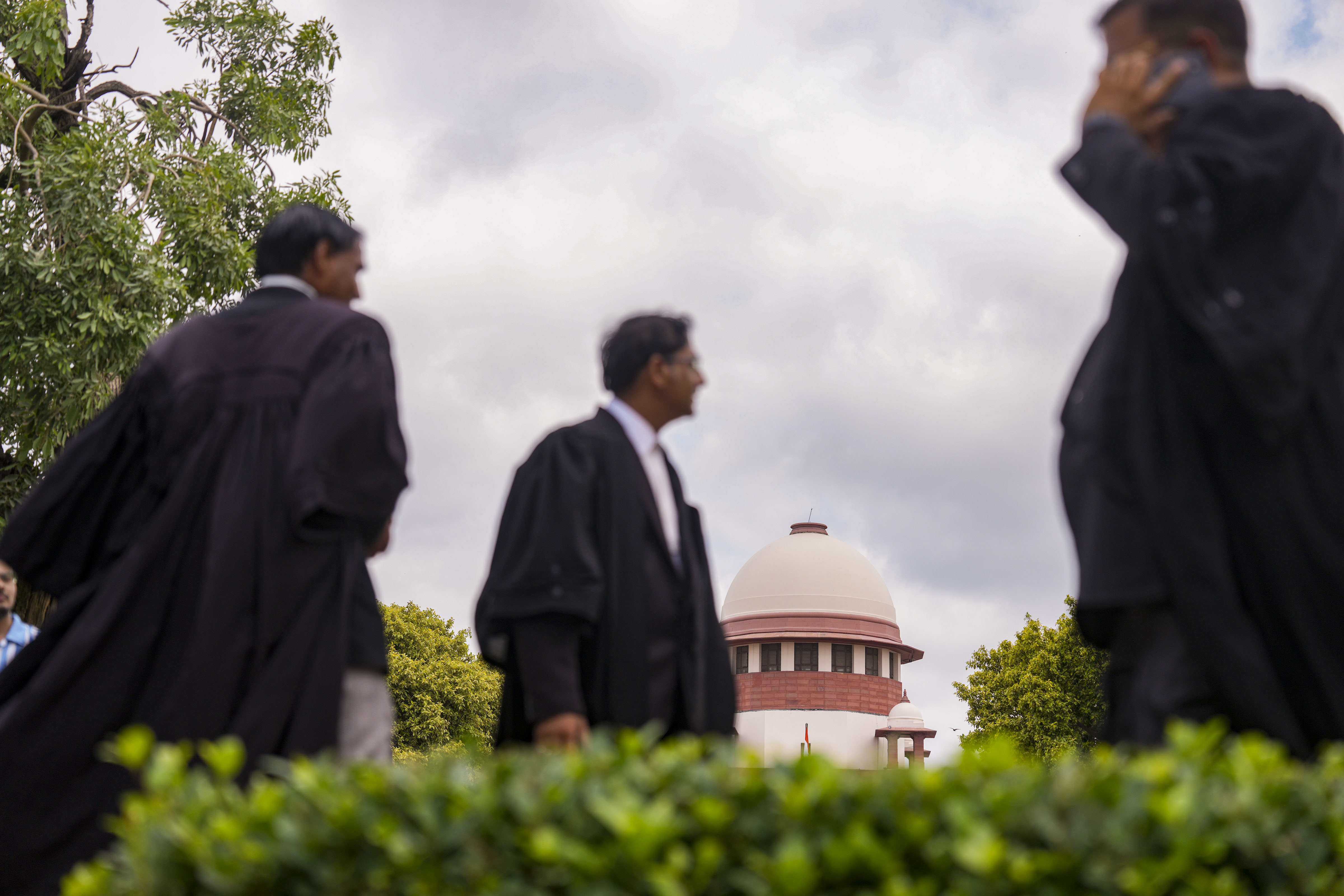 |
|
The Supreme Court of India recently expressed its strong displeasure at the recurring absence of the Centre's legal representatives in various cases. This lack of representation, characterized by the court as a 'casual approach,' prompted the court to issue a summons to a high-ranking government official. The incident highlights a growing concern about the government's commitment to timely and effective participation in legal proceedings, particularly in cases involving vulnerable populations. The specific case that triggered this rebuke involved a medical aspirant from the persons with disability (PwD) category, whose application for admission to a government medical college was delayed due to the government's failure to provide necessary legal representation. The court's frustration is understandable given the significant impact these absences have on the timely resolution of cases and the rights of those involved. The lack of representation not only hampers the judicial process but also sends a negative message about the government's dedication to upholding the rule of law and protecting the rights of its citizens.
The court’s decision to summon the Director General of the Centre's Directorate General of Health Services underscores the seriousness with which the justices view the government's negligence. While the court clarified that it does not take pleasure in summoning government officers, the repeated failures of the Centre's legal team to appear in court left them with no other recourse. The judge's comments, expressing their dissatisfaction with the situation, indicate a growing sense of frustration among the judiciary with the government's lack of responsiveness. This incident raises questions about the efficacy of the government's legal processes and its allocation of resources to ensure adequate representation in court. The availability of numerous panel counsel further exacerbates the situation, suggesting a potential organizational failure in assigning these resources effectively. The court’s suggestion to assign panel counsels to specific courts highlights a potential solution to such issues. Efficient allocation of these legal resources could ensure timely and appropriate representation for the government in all cases, avoiding such confrontations in the future. The consistent failure to appear in court casts doubt on the government's ability to effectively fulfill its obligations in legal contexts, particularly in sensitive cases involving the rights of individuals.
Beyond the immediate case of the PwD medical aspirant, the Supreme Court's action has broader implications for the Indian legal system. It serves as a strong reminder of the importance of adherence to legal processes and the potential consequences of neglecting one's responsibilities before the court. The court's decision to ultimately secure admission for the aspirant underscores the judicial system's commitment to safeguarding the rights of vulnerable individuals. However, the underlying issue of the government's inconsistent court attendance remains a matter of serious concern. This issue extends beyond individual cases, impacting the efficiency and credibility of the legal system as a whole. The repeated absences undermine public trust and can lead to significant delays in justice. To remedy this, the government must adopt more rigorous procedures for ensuring timely legal representation in all court cases. This includes improved internal communication, better resource allocation, and a more proactive approach to managing its legal obligations. Failure to address this issue effectively could lead to further judicial interventions and potentially erode the respect and trust placed in the government’s commitment to upholding legal processes. This case highlights a critical need for systemic reform within the government’s legal department to ensure compliance with judicial processes and efficient representation in court.
The judgment, while resolving the specific issue of the medical aspirant’s admission, leaves a significant question regarding the government's overall approach to its legal responsibilities. The court's strong words and the decision to summon a senior official signal the judiciary’s determination to hold the executive branch accountable. Moving forward, the government must address the underlying issues leading to these repeated absences. Implementing stricter internal protocols for court appearances and streamlining the assignment of panel counsel are crucial steps. Furthermore, a comprehensive review of the government's legal resources and processes is necessary to ensure that such incidents are not repeated in the future. The Supreme Court's intervention highlights the delicate balance between judicial authority and executive responsibility. While the court emphasizes its aversion to summoning government officials, the severity of the repeated non-appearances underscores the importance of maintaining accountability across all branches of government. The future effectiveness of the Indian legal system hinges on addressing these systemic weaknesses to ensure a smoother, more efficient, and reliable legal process for all citizens.
Source: SC expresses displeasure over Centre's repeated absence in cases
